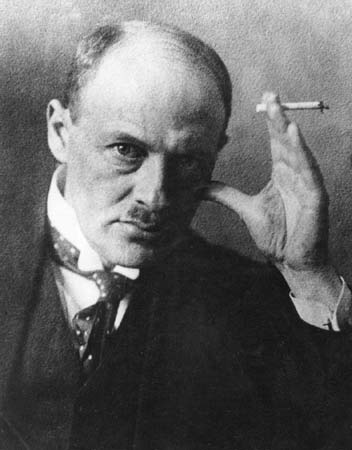
Ressentiment is a term that Nietzsche used to describe Christians. The term is synonomous with envy and resentment. Nietzsche characterizes the idea of Christian love as the most delicate flower of ressentiment. The Judeo Christian God is a God of revenge
Scheller argues that Nietshche is completely mistaken. Christian love is placed above the rational domain…blessed more than all reason. He explains that “…the Christian love (agape) transcends the natural sphere, defeating and superseding the psychological mechanism of the natural instincts such as hatred against one’s enemies, revenge, and desire for retaliation. It can place a man in a completely new state of life.” The expression of Christian love is a striving from ignorance toward knowledge. The beloved moves the lover.
Where Nietzsche sees the Christian as the weak suffering person who is jealous of those with wealth and station in life. They have therefore derived a religion with a God who will punish those wicked people and elevate the weak to a higher status in the life to come. Scheller argues that in fact the opposite is the case. Christianity is not about moving from a lower to a higher. He reverses the axiom. We Orthodox might refer to the term Kenosis, which is a self-emptying. In fact, Metropolitan Kallistos says, surely citing The Fathers, that there can be no theosis without kenosis. Scheller writes that the “nobler stoops to the vulgar, the healthy to the sick, the rich to the poor, the good to the common, the Messiah to the sinners and publicans.” Christians are not worried about losing something, he says. It is through this self-renunciation that the gains the highest good and becomes equal to God.
Incarnational teaching is that God descended to man, became a servant, and died the bad servant’s death on the cross. There is no place for hating one’s enemies, nor for revenge. The Christian God is a God who loves. Following are a few other points Scheller points out in his paper:
- All are worthy of love: friends and enemies.
- We don’t love for its achievements
- Love grows in its actions
- Egoism, concern for one’s own interests are a sign of a blocked and weakened life
- Life can be sacrifieced for values higher than itself
- Every living being has a natural sympathy for other living beings, which increases with proximity and similarity to himself
A teaching of Scheller’s where I found great value was in the process of Christian charity. Caritas is the Latin form of love that corresponds to agape. The widow who gave what little she had gave more in love, though less in quantity. Christ is not concerned with the utility of giving, but with the transcendent growth that the giver gains through the act of giving itself. Christ’s mission for us was not in a redistribution of wealth. Where one does see a sort of financial equality, communism if you will, is in free acts of love, such as in monastic communities. The teaching was not reactive or utilitarian. Jesus is concerned with the increase in spiritual value of the giver, not the increase in wealth of the poor. This self-renunciation allows a man to win himself.
Poverty is not better than wealth. Christianity is not concerned with “subaltern modern things” as socialism or altruism. “The important thing is not the amount of welfare, it is that there should be a maximum of love among men. The act of helping is the direct and adequate expression of love, not its meaning or purpose.”
Likewise, we should not love God because of his Heaven and earth–we should love Heaven and earth because they are God’s. God is the source of love, and His love is infinite. Genuine love transcends the natural sphere and is manifested most clearly when we love our enemy. God created the world as an expression of his love. We cannot love without turning away from ourselves. For example, the Christian must refuse to react to conduct that would lower him to the level of his enemy
A stark comparison. If anything positive from Nietzsche is apparent it is that he at least acknowledged there is a God.
LikeLike